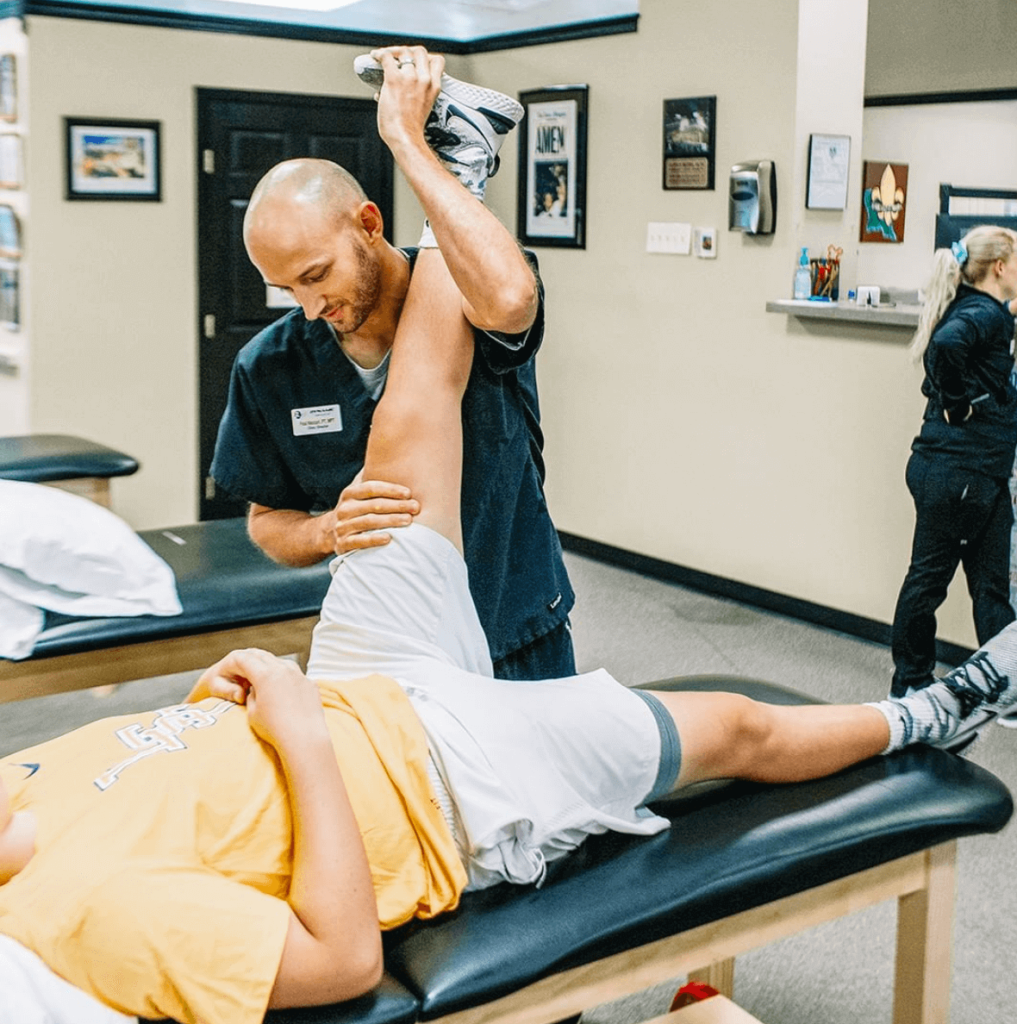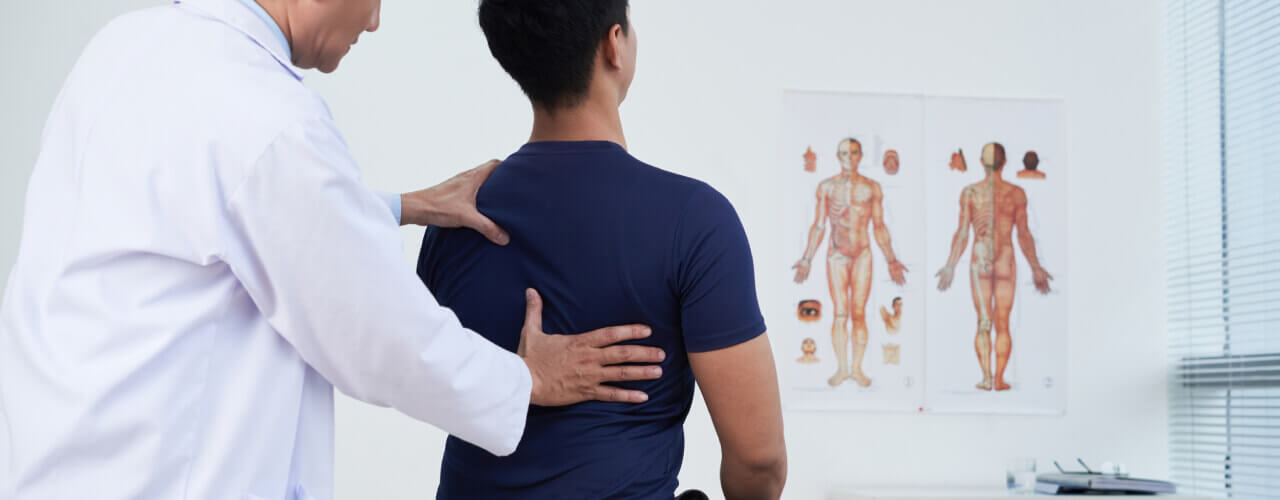Newsletter Video, December 2016
Click Below - Add Your Own Comment
Getting Started
Once you find a physical activity that’s a good match for you, you’re ready for action! But be sure to pace yourself. Each session to condition your heart and lungs should include the following:
Warmup (5 minutes). Start your physical activity session at a slow to medium pace to give your body a chance to warm up and get ready for more vigorous walking. Gradually increase your pace by the end of the warm-up period.
Slowly increase your physical activity time until you reach your goal of 30 to 60 minutes daily. To condition your heart and lungs, you should engage in your activity in your “target heart rate zone.” (See “Tracking Your Target Heart Rate” below). But don’t focus on big goals in the beginning. If you haven’t been active in a while, you might start with just 5–10 minutes of activity per day—or whatever amount of time you’re comfortable with. Build up gradually. Enjoy yourself.
Cool down (5 minutes). After being active, slow down gradually. For example, if you’ve been swimming, begin to do your stroke more slowly, or switch to a more leisurely type of stroke. You can also cool down by changing to a less vigorous activity, such as moving from jogging to walking. This process allows your body to relax gradually. Stopping abruptly can cause dizziness.
Finding Your Target Heart Rate Zone
As you become more physically active, how will you know whether you’re improving your heart and lung fitness? The best way is to track your target heart rate during your activity. Your target heart rate is a percentage of your maximum heart rate, which is the fastest
| Age | Target Heart Rate Zone | Maximum Heart Rate: 100% |
|---|---|---|
| 20 | 100–150 beats per min. | 200 beats per min. |
| 25 | 98–146 beats per min. | 195 beats per min. |
| 30 | 95–142 beats per min. | 190 beats per min. |
| 35 | 93–138 beats per min. | 185 beats per min. |
| 40 | 90–135 beats per min. | 180 beats per min. |
| 45 | 88–131 beats per min. | 175 beats per min. |
| 50 | 85–127 beats per min. | 170 beats per min. |
| 55 | 83–123 beats per min. | 165 beats per min. |
| 60 | 80–120 beats per min. | 160 beats per min. |
| 65 | 78–116 beats per min. | 155 beats per min. |
| 70 | 75–113 beats per min. | 150 beats per min. |
Sample Walking Program
Need a sample walking program, we’ve got you covered. Click here to download it.
Do You Prefer to Walk at a Health Club?
Would you like to join a gym or work with a fitness professional?
Ask us first!
If you prefer to go to a health club, and/or working with a fitness trainer, helps them to stay more motivated.
Before you purchase a gym membership or sessions with a professional, be sure to shop around and ask questions.
- Check out the certifications and education of the staff to ensure that they are properly qualified. Professional qualifications include a college degree in a health-related field, such as exercise science or physical education. Ideally, staff should hold an exercise certification from a nationally recognized, nonprofit organization, such as the American College of Sports Medicine.
- Ask to speak to a few current clients to find out about the quality, size, and availability of sessions.
- Pay a visit to the facilities to check out the availability and quality of the equipment, the accessibility of parking, and the travel time from your home or office.
Newsletter Video Archive
Disclaimer
The information in this video is intended for informational and educational purposes only and in no way should be taken to be the provision or practice of physical therapy, medical, or professional healthcare advice or services. The information should not be considered complete or exhaustive and should not be used for diagnostic or treatment purposes without first consulting with your physical therapist, occupational therapist, physician or other healthcare provider. The owners of this website accept no responsibility for the misuse of information contained within this website.


